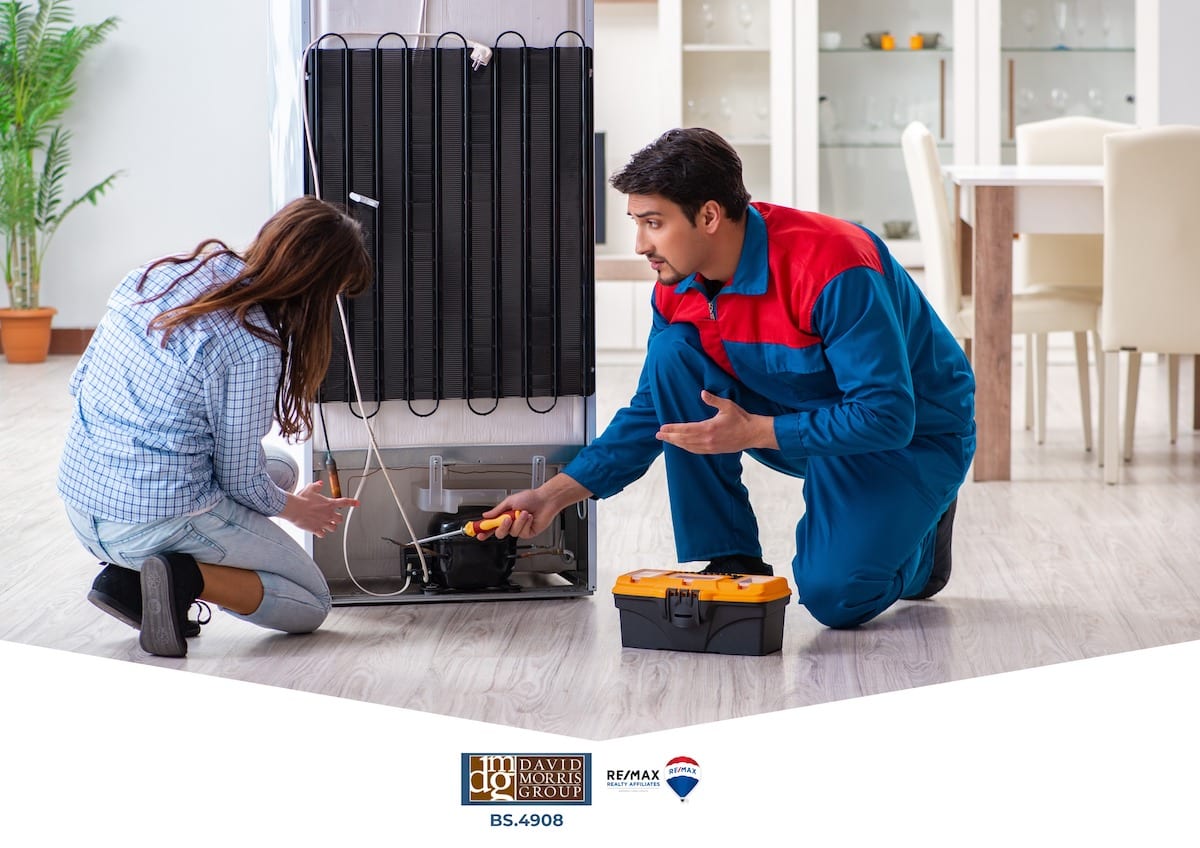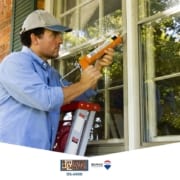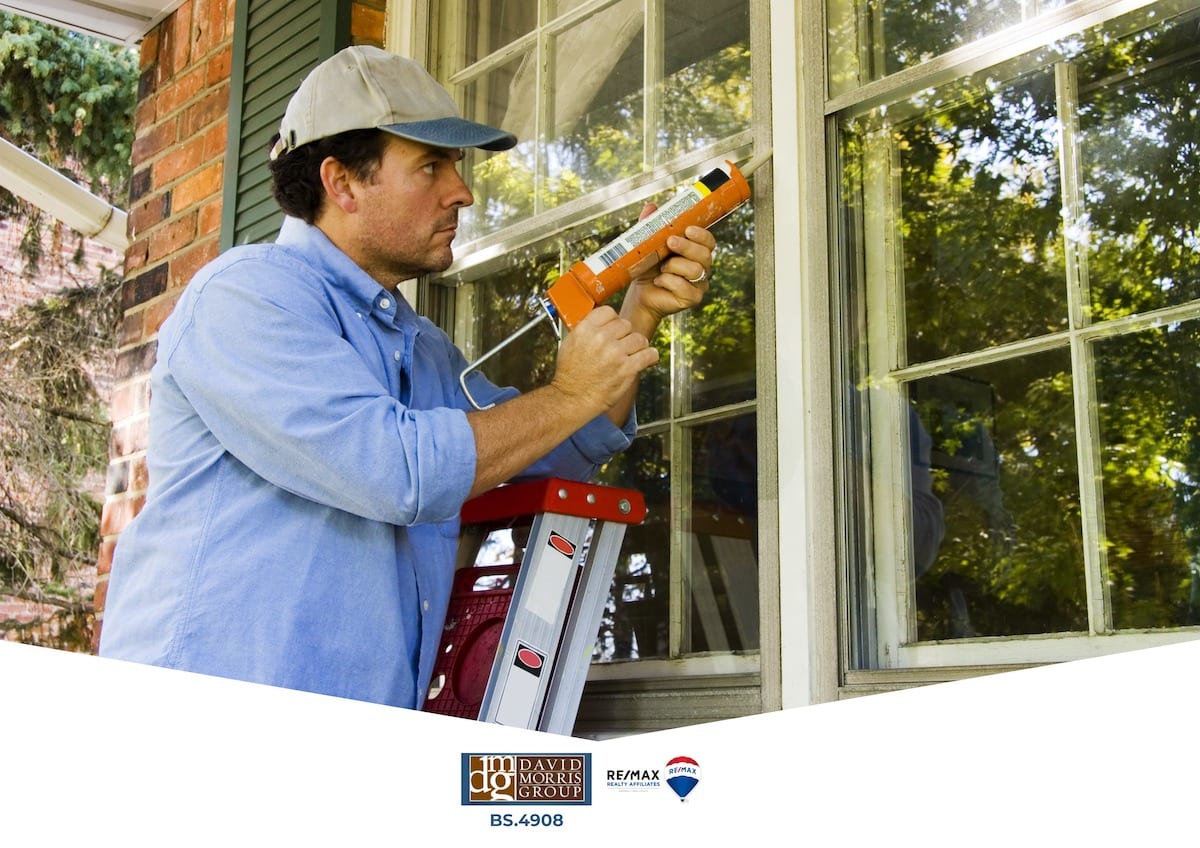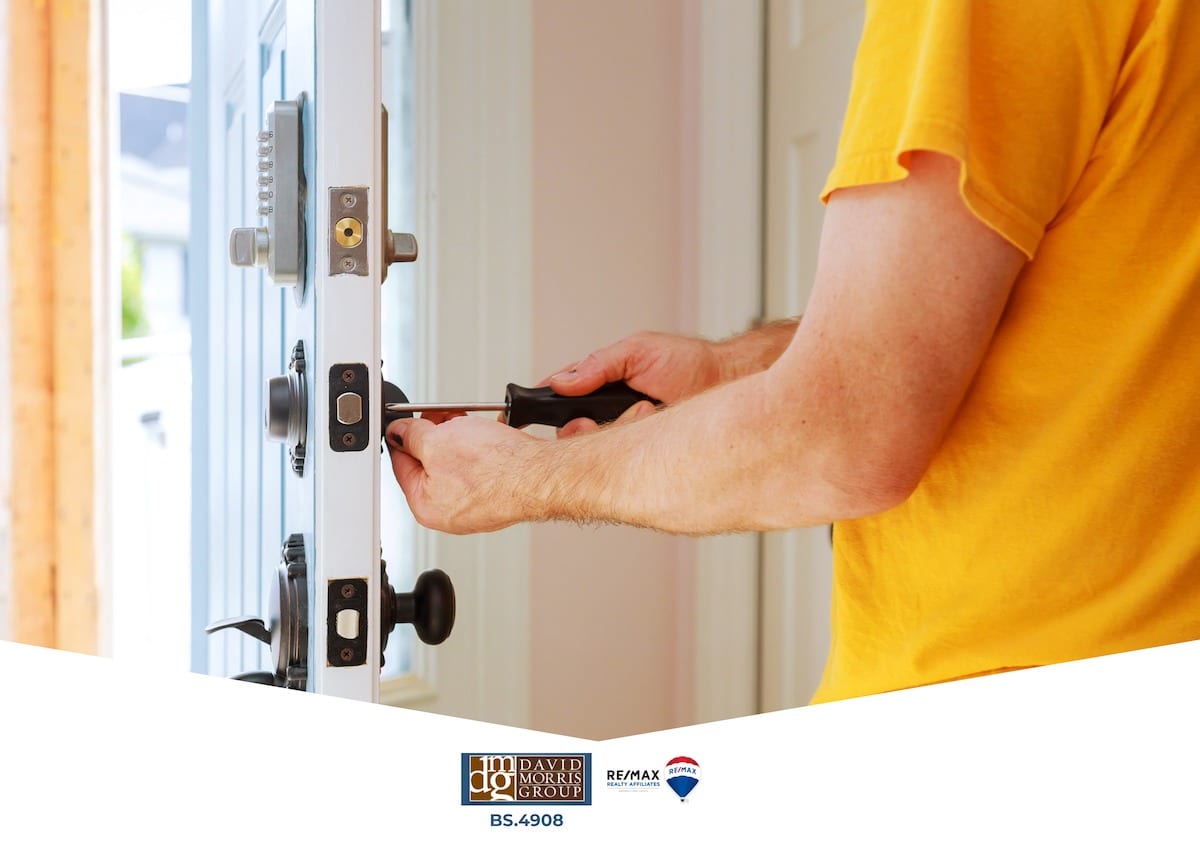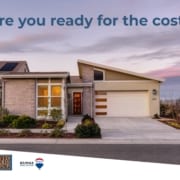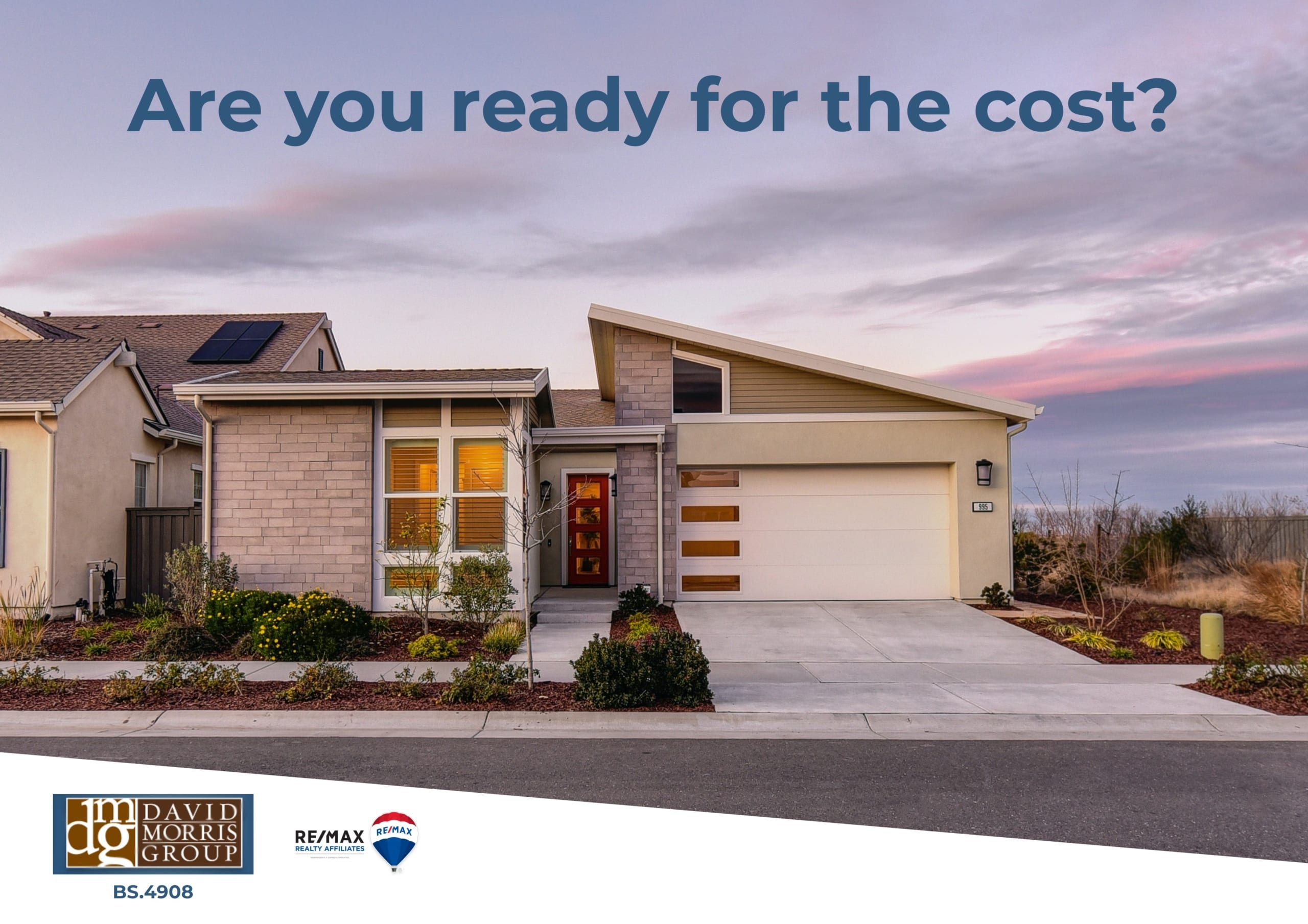The Reality of Real Estate: What are Home Inspectors Looking for, and How Can it Save You From Making a Bad Investment?
Before closing, you’ll want to hire a professional home inspector to identify any underlying problems and the overall condition of the home. It saves you from making a bad investment, gives you an idea of the maintenance and repairs you may need to make the home, and may even give you some leverage to make negotiations on the asking price if there are things that will need to be fixed. Let’s take a look at what home inspectors are looking for.
1. Signs of mildew and mold
Inspectors will look closely at basements and crawlspaces for mildew odors. They may also use a meter to determine how much moisture is present, as moisture can deteriorate building materials and attract insects. They will also look closely at the walls and floors for patches of mildew and signs of dampness.
2. Problems with the roof and chimney
Any loose or deteriorated roof shingles will be notes in the inspector’s report, as well as if there are any moist or rotted elements beneath the shingles. They will also check that the chimney is watertight and that mortar and bricks are in good condition.
3. Plumbing functionality
Each toilet will be flushed, faucet turned on, and dishwasher ran in order to check the water pressure and see if there are any leaks. If there are any signs of water damage or concerns for the health of the septic system, it will be noted.
4. Problems with electrical systems
Inspectors will make sure that the home is up to code and that circuits are running properly. They will ensure that the electrical system isn’t being overloaded and is safe to live in.
5. Structural integrity
Over time water can cause the soil around the foundation walls to expand, and when the water goes away, the soil shrinks, and the foundation settles. This creates cracks and pathways for water to enter the structure. This is a big item that inspectors will be looking for. They want to make sure the home is structurally sound.
6. Pest infestations
Carpenter ants, beetles, termites, and rodents can be some of the most damaging pests to a home. Inspectors will look for signs that there is an infestation or if there have been previous problems with these pests.
7. Trouble with the HVAC system
As a homeowner, you’ll want to ensure that your home has proper heating, ventilation, and air conditioning. Home inspectors will check to make sure all basic functioning of the HVAC system is in working order, and they’ll note if there’s anything that could be troublesome in the future like rust around the unit, cracked ductwork, etc.
Home inspections give you a great overview of the home as well as another unbiased opinion on if the house is a good investment. Don’t skip out on getting a home inspection to save yourself a few bucks now. You could be putting yourself in a tough financial position in the long run.
As a first-time homeowner, it’s crucial to have an idea of what to expect and how to handle the responsibility of owning your own home. The David Morris Group is always happy to show you the ins and outs of owning a home and help you make the transition from renter to homeowner seamlessly. Give us a call at 775-828-3292.




